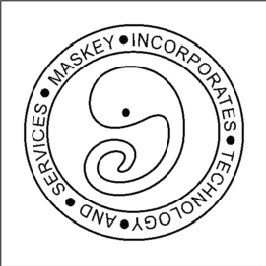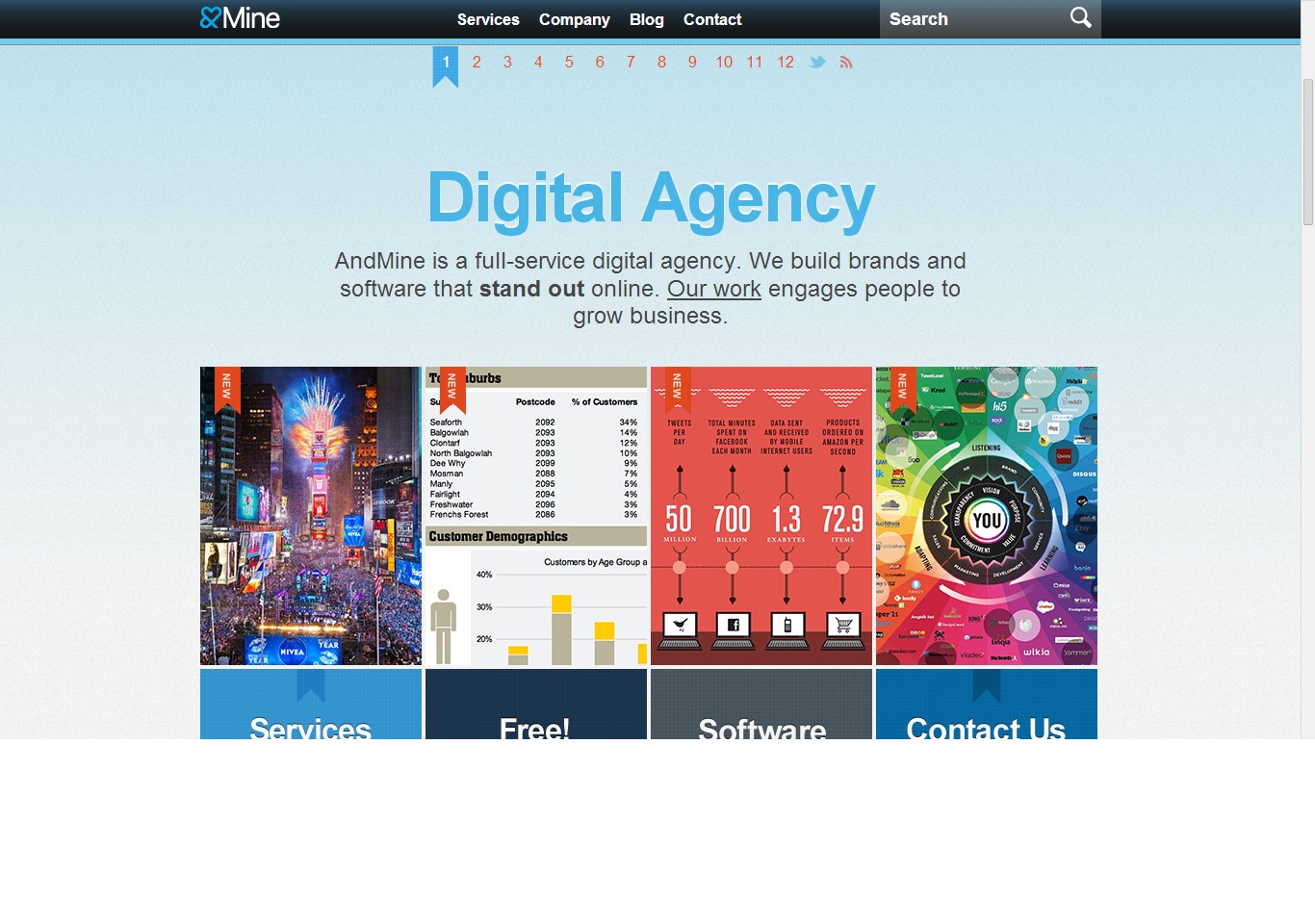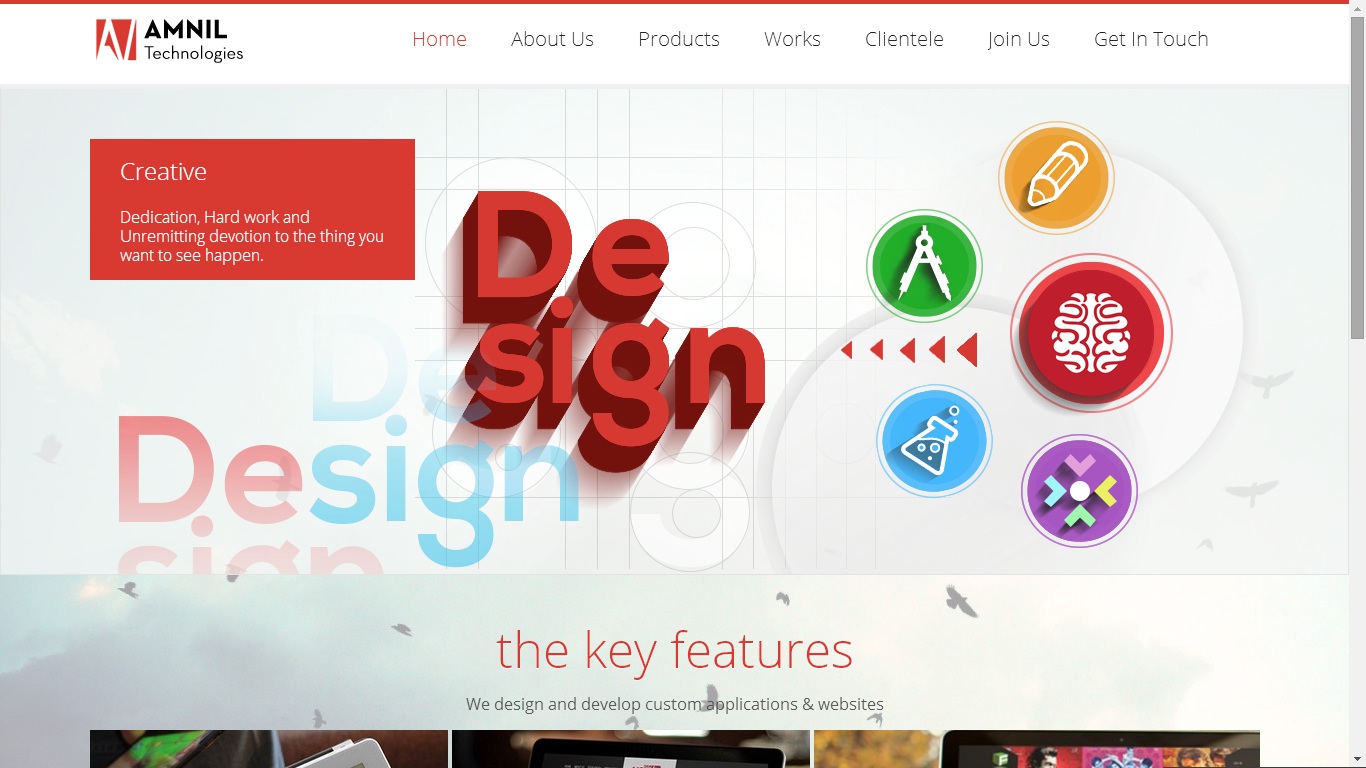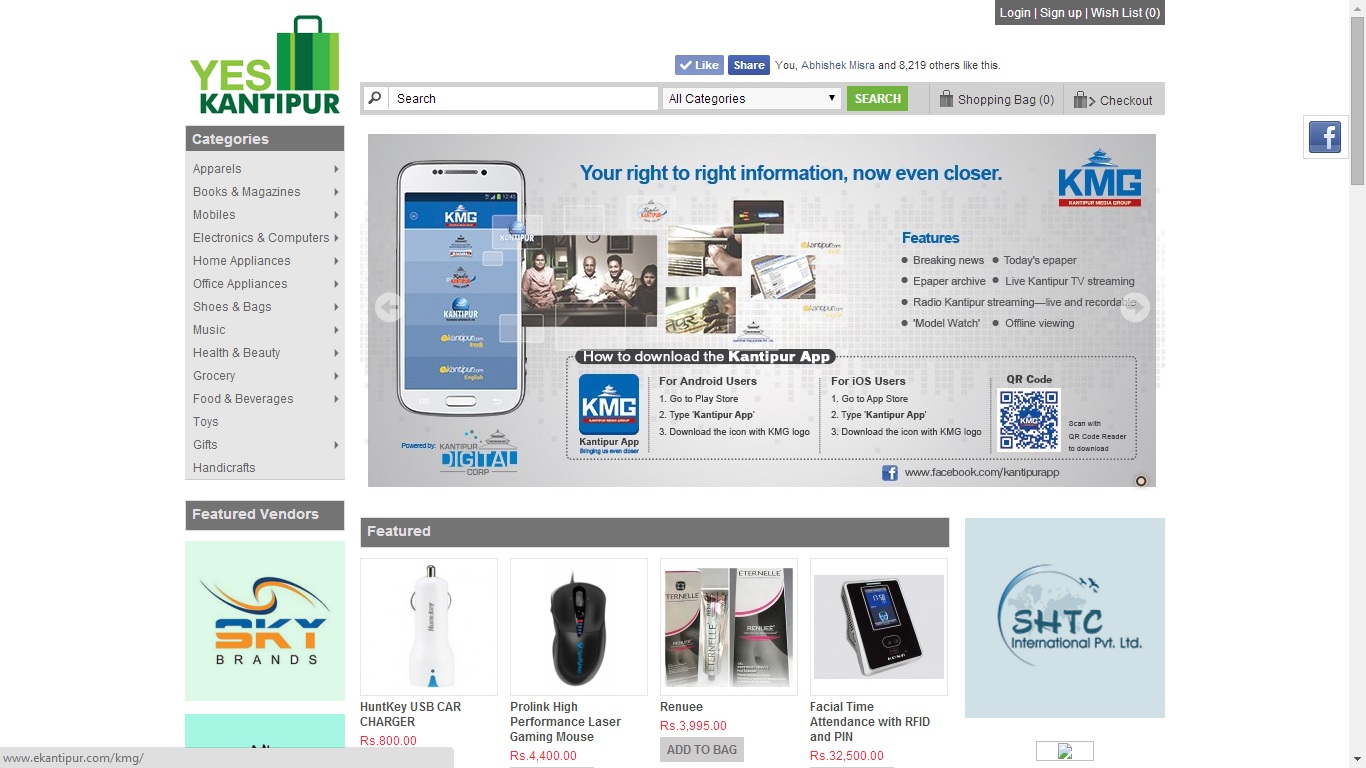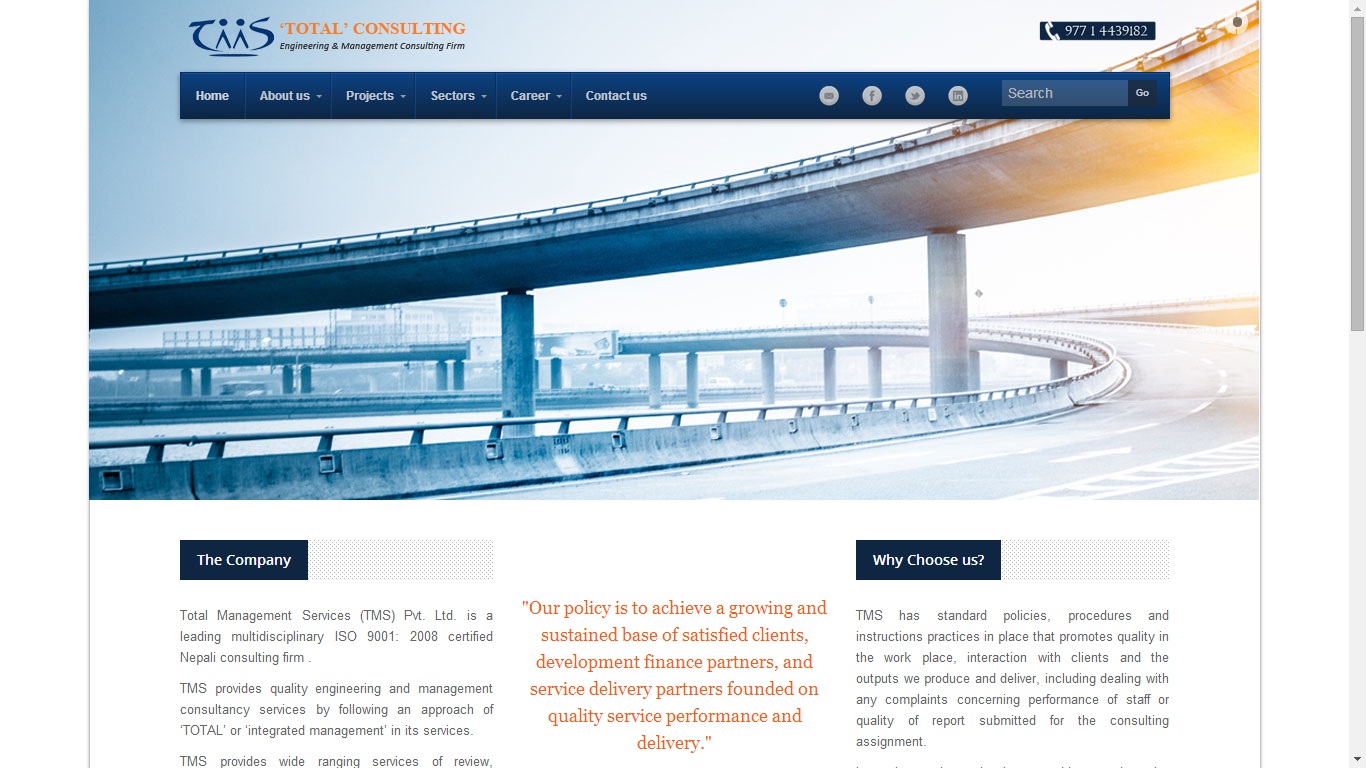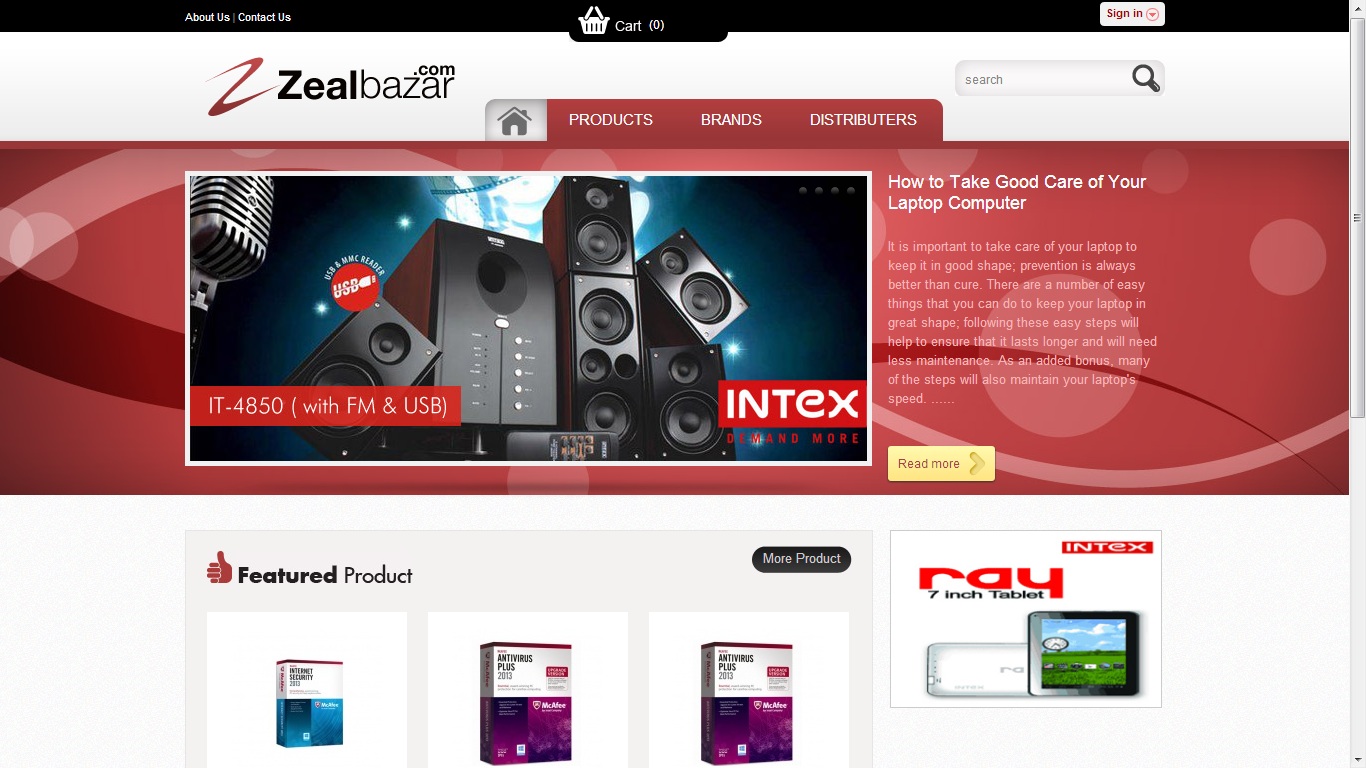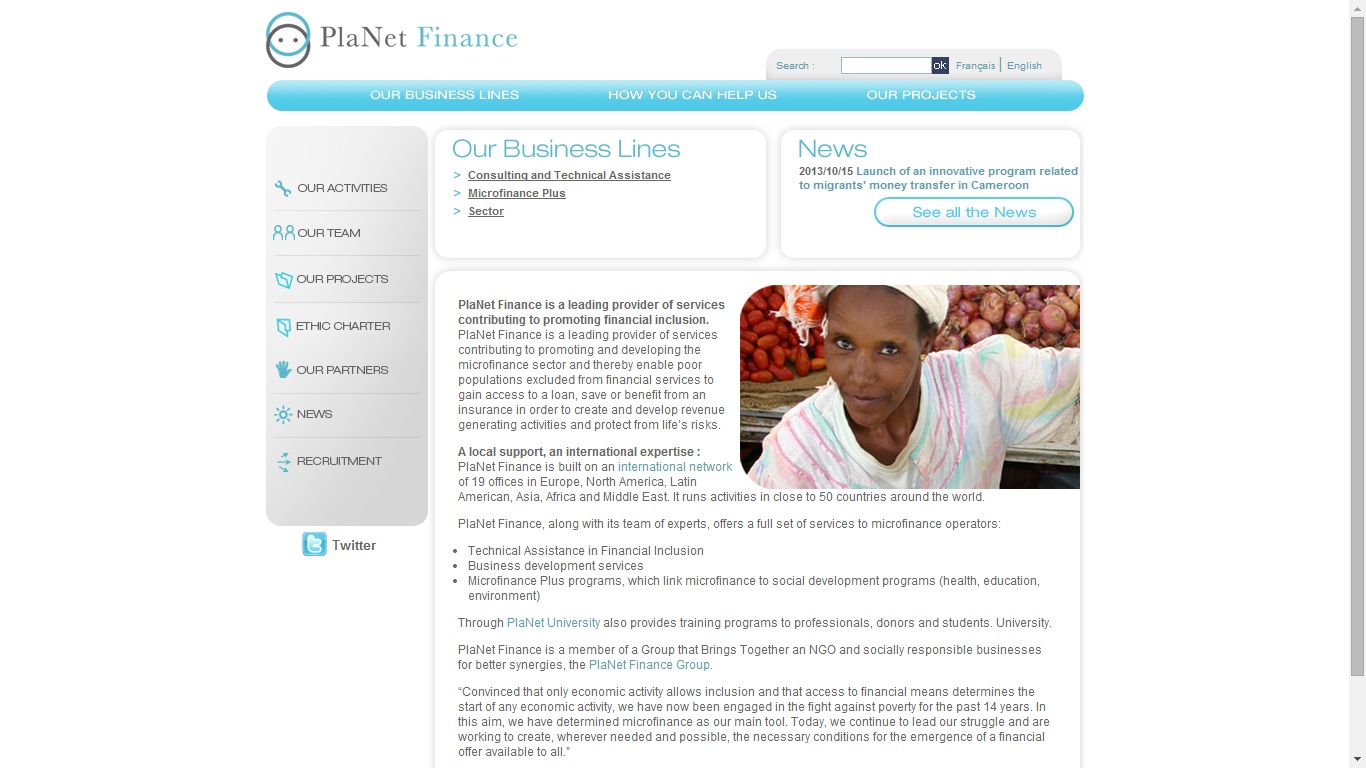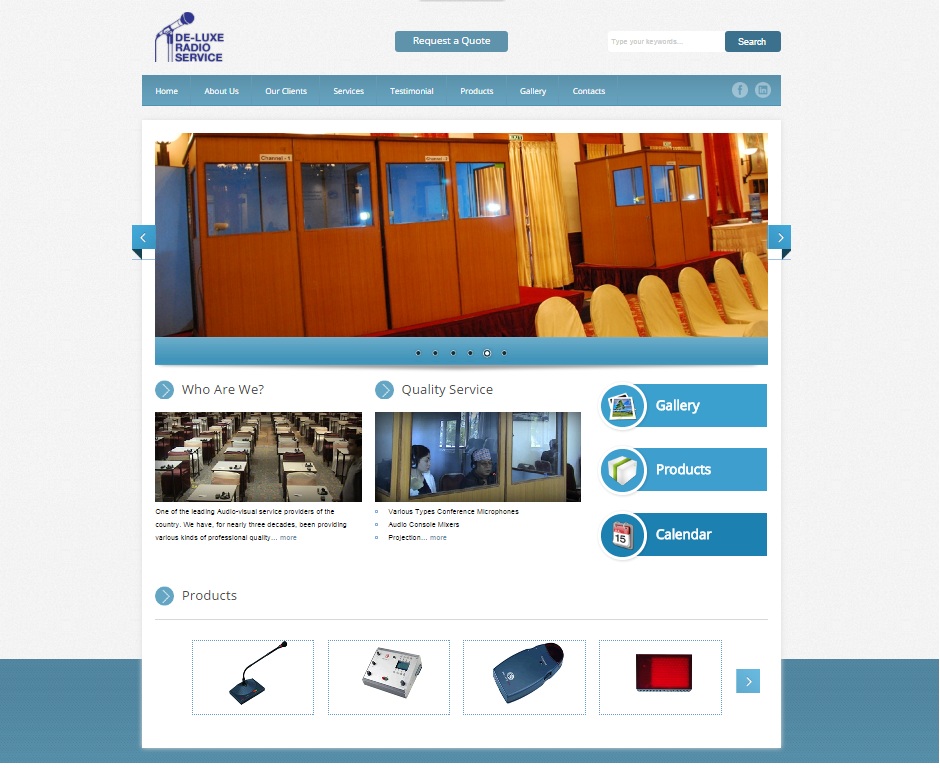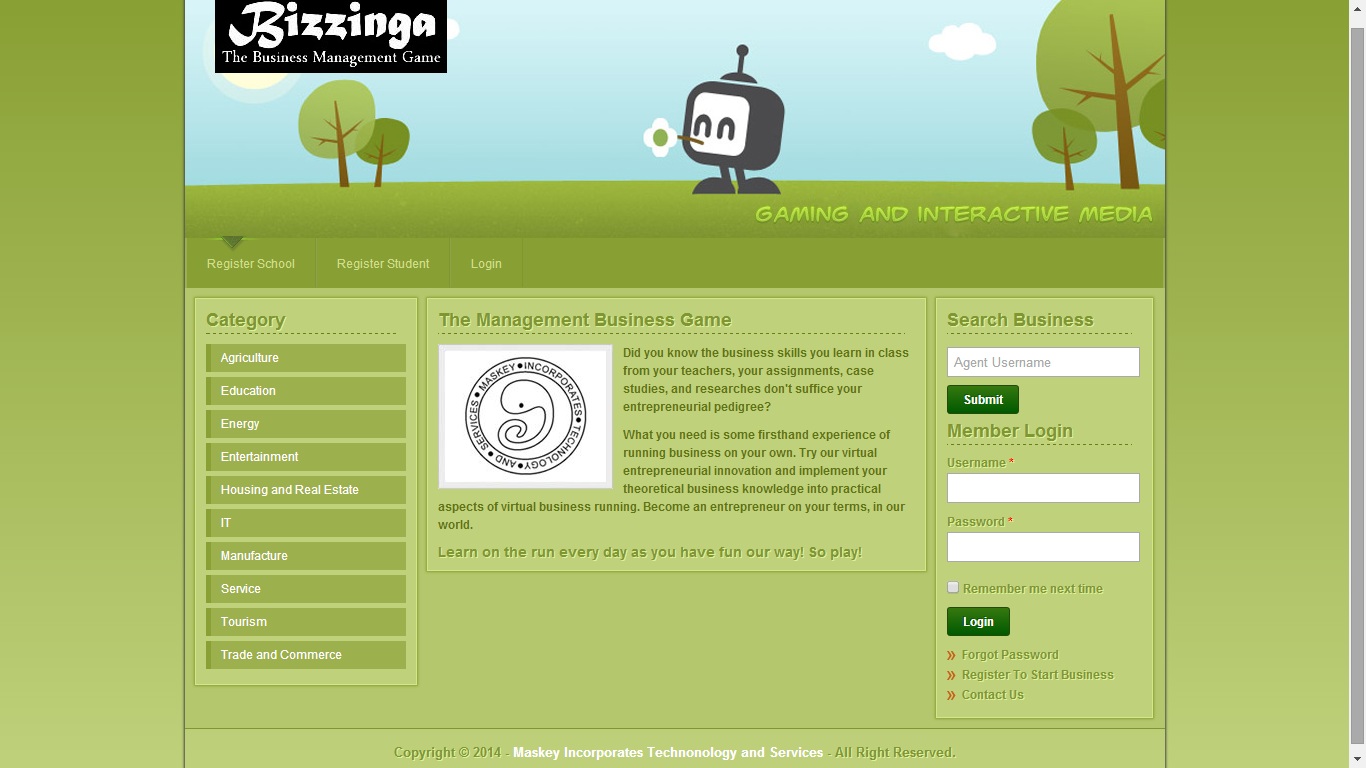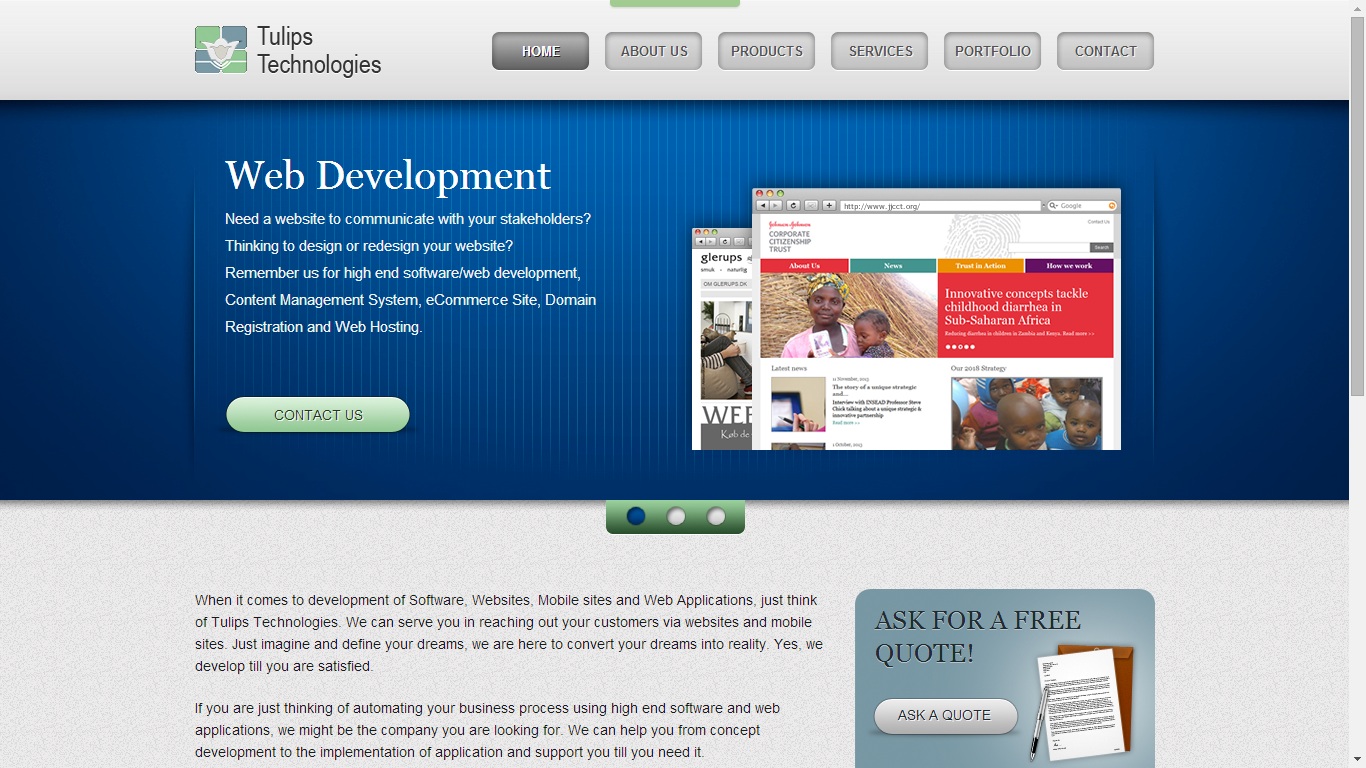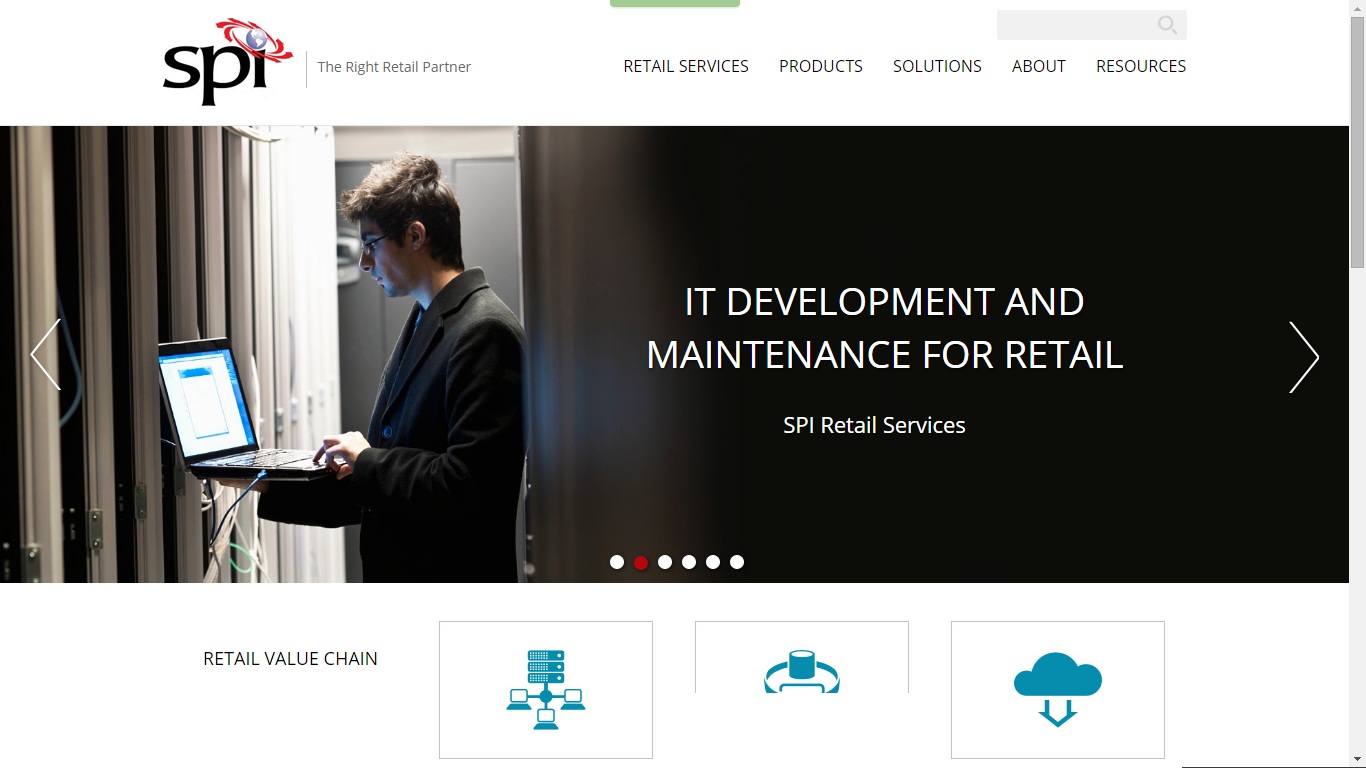-
Vacancy Announcement from Sunrise Bank Limited
Sunrise Bank Limited is a fast growing “A” Class Commercial Bank with diversification to various areas of functions and with rapid branch expansion target across the nation aims to increase the pace of quality growth. In this process t ...
Read More -
Vacancy notice from CDS and Clearing Limited, a wholly owned subsidiary company of Nepal Stock Exchange
CDS and Clearing Limited, a company established under the company act is a company promoted by Nepal Stock Exchange Limited (NEPSE) in 2010 to provide centralized depository, clearing and settlement services in Nepal. The main objective of the com ...
Read More -
Vacancy announcement from Civil Capital Market
Vacancy Announcement
Read More
Chief Executive Officer (CEO)
Civil Capital Market Limited (CCML), Head Office, Civil Trade Center Sundhara, Kathmandu, requests for expression (EOI) for the position of Chief Executive Officer (CEO)
CCML, ... -
Vacancy Announcement from Global IME Bank
Bank Overview
Read More
Global IME Bank Ltd. (GIBL) emerged after successful merger of Global Bank Ltd (an “A” class commercial bank), IME Financial Institution (a “C” class finance company) and Lord Buddha Finance Ltd. (a &ldqu ... -
Vacancy notice from Lumbini Bikas Bank Limited
Vacancy Announcement
Read More
Lumbini Bikas Bank Limited, a leading national level development bank invites application from highly motivated, dynamic and result oriented Nepalese Citizen for the follow ...
- ... Read More
-
I’ve spent almost 10 years interviewing thousands of candidates and developed a blue print for NAILING your next interview, follow these steps and you will dramatically increase your chances.
1. Know the position you are applying for ...
Read More -
Use these tips to write an effective resume that meets the employer's needs and gets you an interview.
Heading
- Type your name at the top in caps with large, bold type. Include your address, phone ...
-
Ever wondered why a Brit applies with a CV and an American with a resume? And why does an Aussie apply with both? There are a few differences between the two types of application documents and this article will straighten out your queries as well ...
Read More -
Wouldn’t it be great to know what answers the hiring manager is looking for? We asked, and they delivered.
By- Isabel Thottam
Being a mind reader would come in handy during the interview and make the whole getting-a-job thing ...
Read More

By Dr. Marla Gottschalk
Director, Thought Leadership at Kilberry Leadership Advisors | Industrial & Organizational Psychologist
I've seen high performers drowning in their own work environments. Their days are consumed with tasks that drag them from where they might bring the most value. They are overworked — and often vastly underutilized. They feel stuck and frustrated. (This is a shame on so many levels.) In some ways, they are punished for being well-versed in "how things get done". They spend their days putting out their colleagues' "fires" and literally hide to secure uninterrupted periods of focused work. This inevitably takes its toll. At the very least — we should proceed with great caution.
Recent research has indicated that your least engaged employees may actually be your high performers. This flies in the face of conventional lore — and contiguously sets up a high risk scenario. The practice of your high performers picking up the slack for under-performers, can drone on for a time. However, this will likely create a whole new set of problems. At some point, the "gig" is up. You'll look up one morning to find your high performer, standing in front of your desk, giving notice.
The most frustrating element? We could have done something to prevent their exit. You'll be left at a loss — they feel as if they have just escaped a hostile environment.
Here are a few things to avoid where your top performers are concerned:
- Punish them for competence. If I've heard this once, I've heard it a thousand times. Often competent, established employees become functionally responsible for each and every problem employee or departmental snafu. In essence, they have two sets of challenges — those of the entire group — and their own.
- Rely on them as your unofficial training function. To be frank, this is really not their primary role. If your new hires aren't able to complete the most basic of tasks with competence, something is sorely missing. Top performers were not put on this earth to personally tutor every staff member.
- Fail to challenge them. When things are the busiest — and work simply needs to get out the door — you rely on your top performers to keep things flowing. However, this doesn't mean they wouldn't like the opportunity to tackle a "stretch assignment" that challenges their skills, when things calm down.
- Fail to consult them when key changes are considered. We don't always need a hired consultant to guide decisions affecting the business. Consult your established staff. Tapping their knowledge base helps us see the bigger picture for what it really is.
- Fail to share what they know. It is critical to share their depth of experience with others (not just those in trouble). Set up a master series — and let your high performers lead the way for your less established employees.
- Avoid a career conversation. It is critical to discuss goals and career aspirations with your high performers. Although managers may hesitate to broach the topic (for a variety of reasons), it may serve as the single most powerful tool to retain them.
- Overlook the "thank you". Enough said. Don't forget this critical step. Surprisingly, many high performers are unaware of their value.

